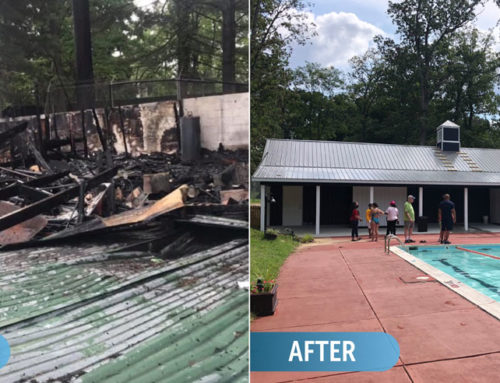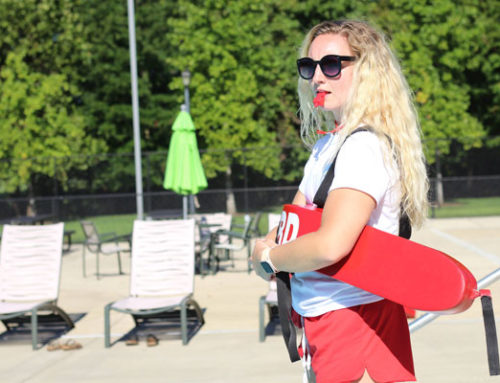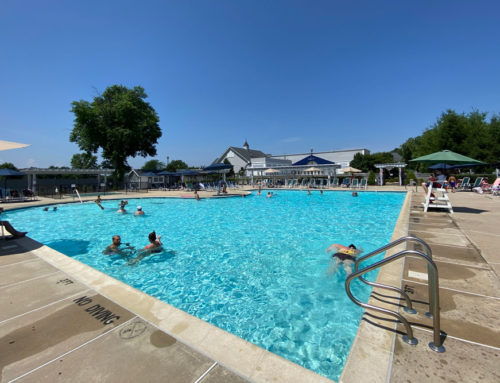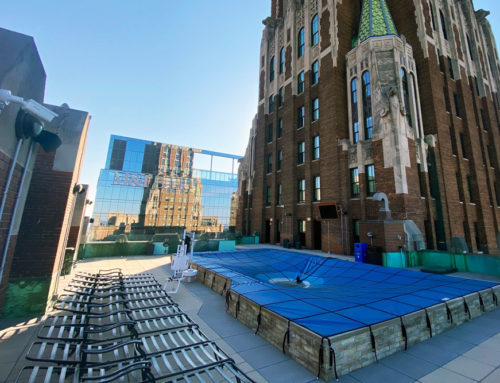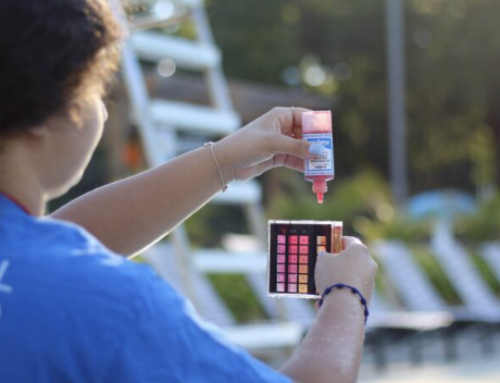Winter is the most taxing season on aquatics equipment. What starts as a single issue can quickly snowball (pun intended) into a disastrous plethora of damages. Of course I’m talking about freeze damage to your pool.
There’s already an excess of articles on the Web (including this one of ours) that can help you prevent freeze damage. But what does it look like when you or your predecessor fails to fully prep your pool to prepare for inclement winter weather?
We’ve answered countless emergency calls to fix frozen pools in the past. They’re not pretty.
Be warned: The following images may cause pool owners anxiety, malaise, fear of profit loss, and possibly some mild indigestion.
Freeze damage to piping
When water freezes, it expands. When a pool’s not in use, any water sitting in the pipelines has nowhere to go. You can see where this is going.
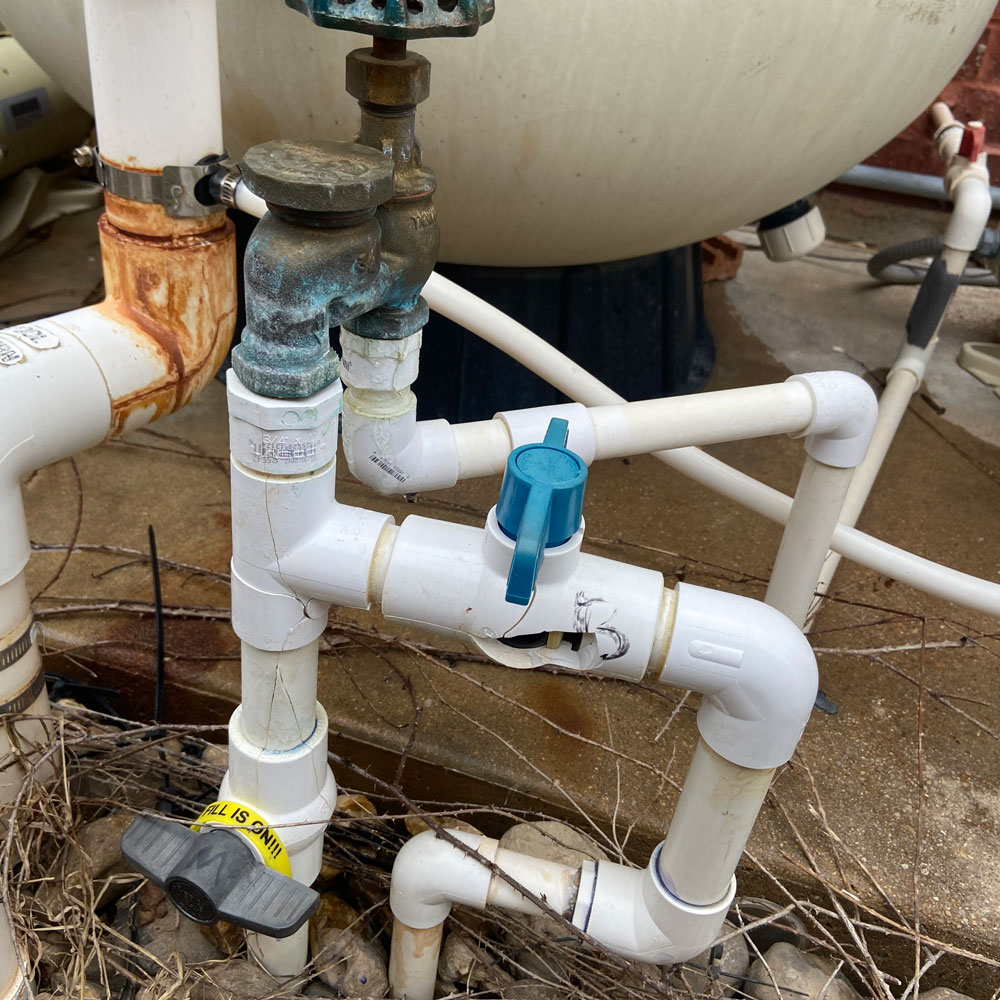
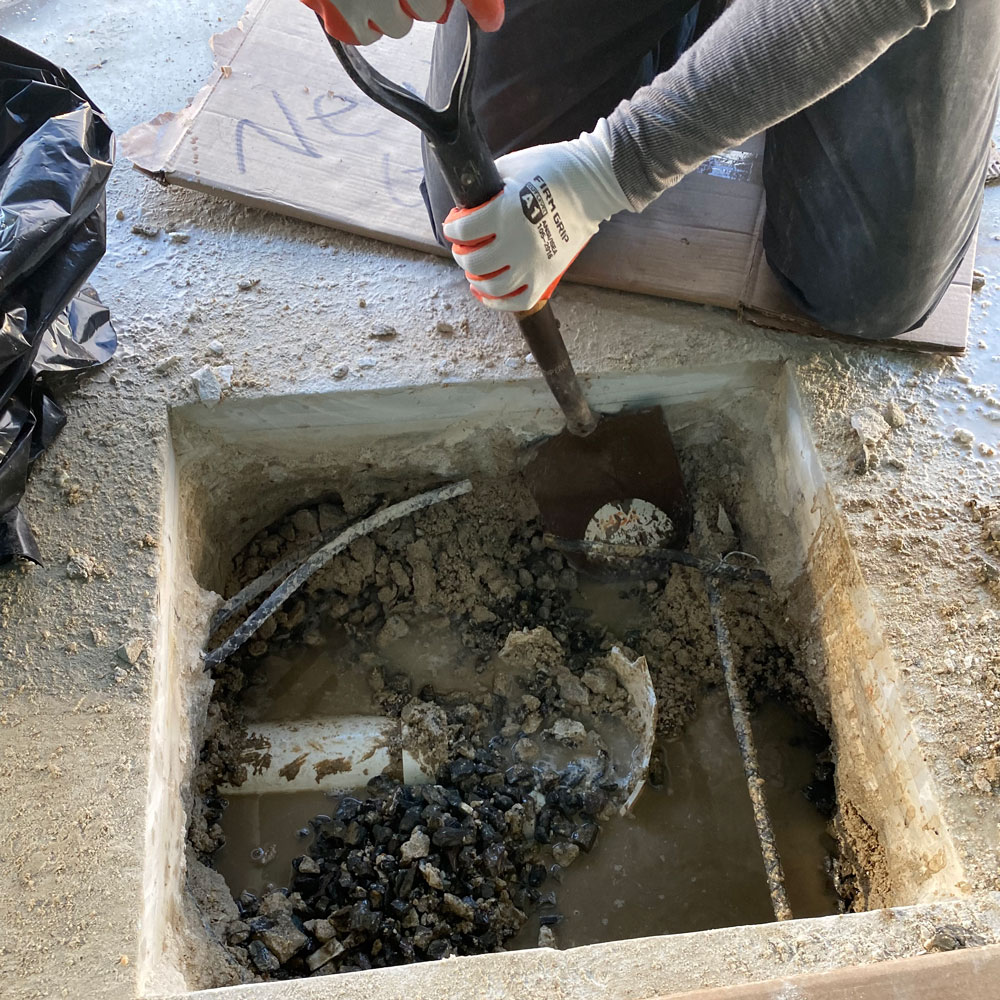
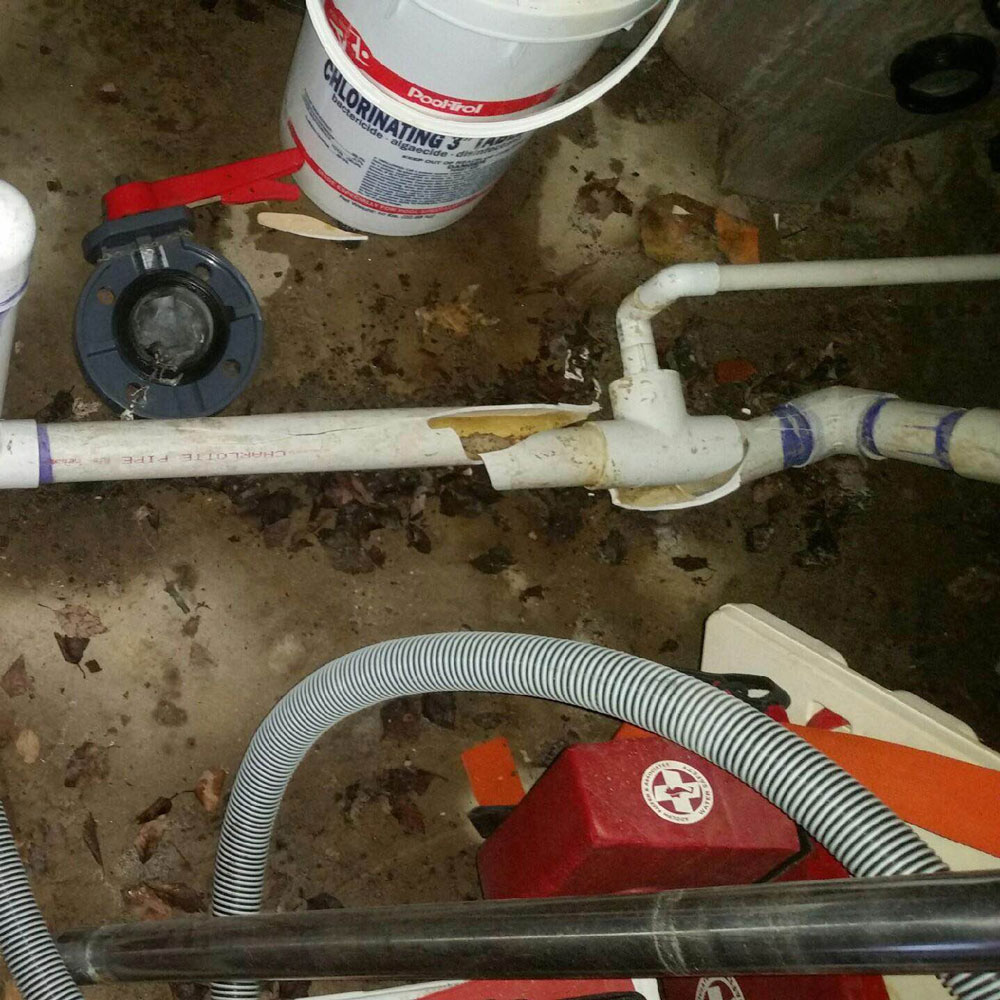
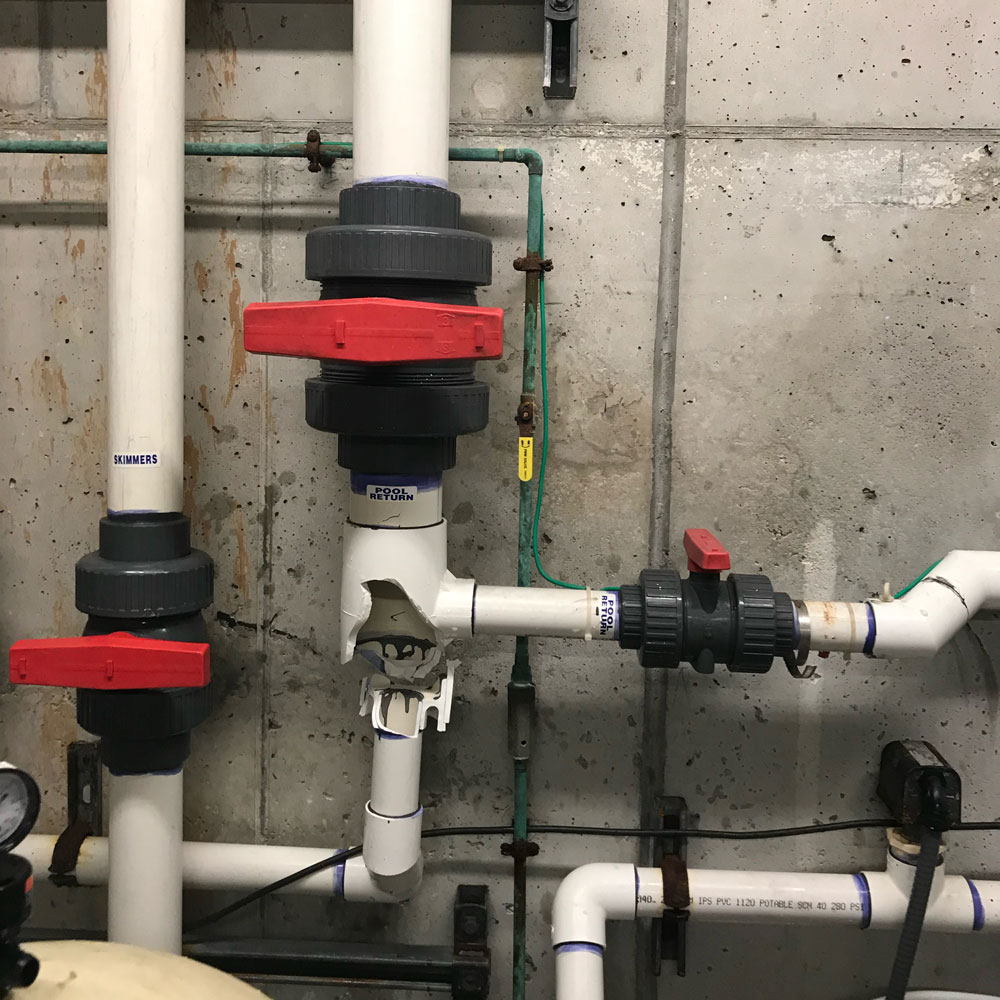
You might be thinking you only have a few dozen dollars’ worth of damage to your pool — after all, PVC pipe only costs a few bucks per piece. But not only is most of your piping underground, most freeze damage issues are systemic. A crack in a pipe can extend under a building, in a wall or under the pool deck.
The reality demonstrated here is that your entire equipment pad may be so damaged that you might have to spend thousands in replacement parts. When you factor in valve replacement, excavation, pressure testing, bonding — not to mention grounding repair plus labor — repairs can be a budget buster.
Freeze damage to pool pumps
Any crack in a pool pump will void its use, since pumps use vacuum pressure to draw water. Even if a cracked pump does prime, you may notice that its efficacy is diminished, because air is entering the system. Or, that it’s not drawing as much water, losing prime and now missing the required health department turnovers.
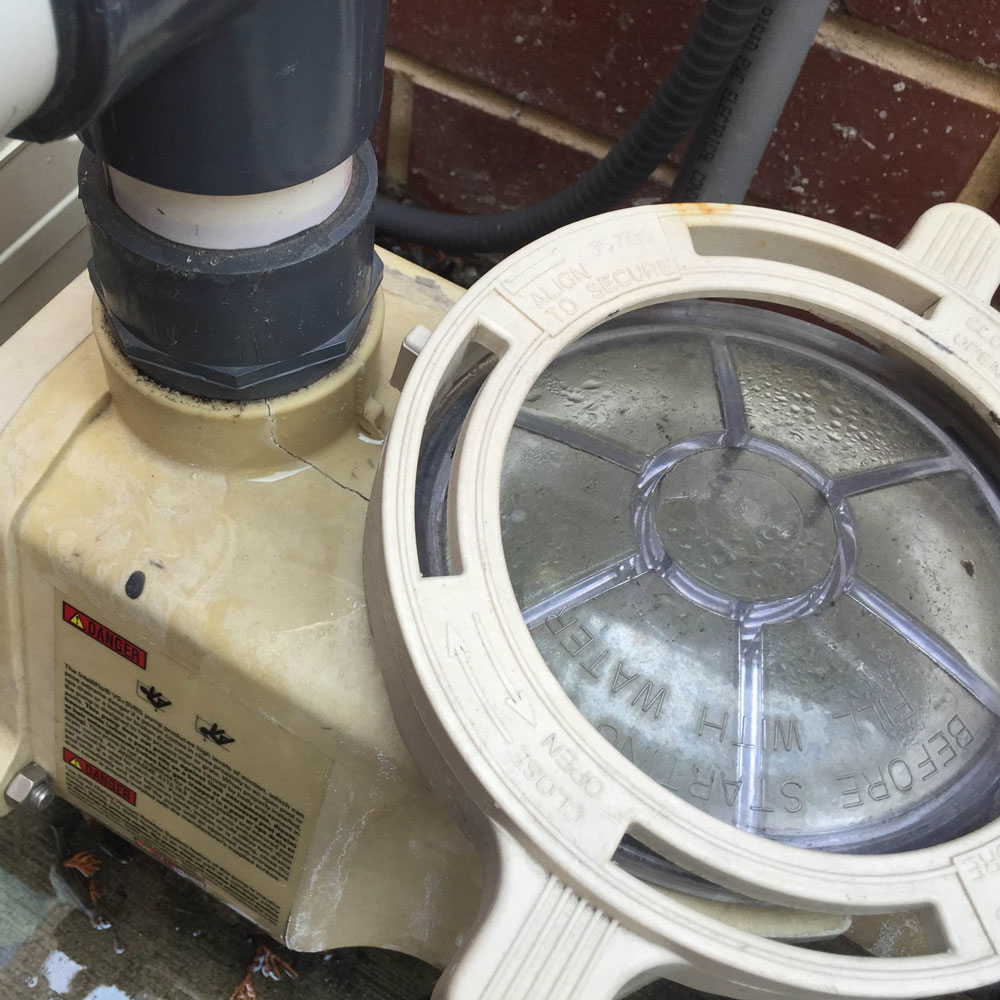
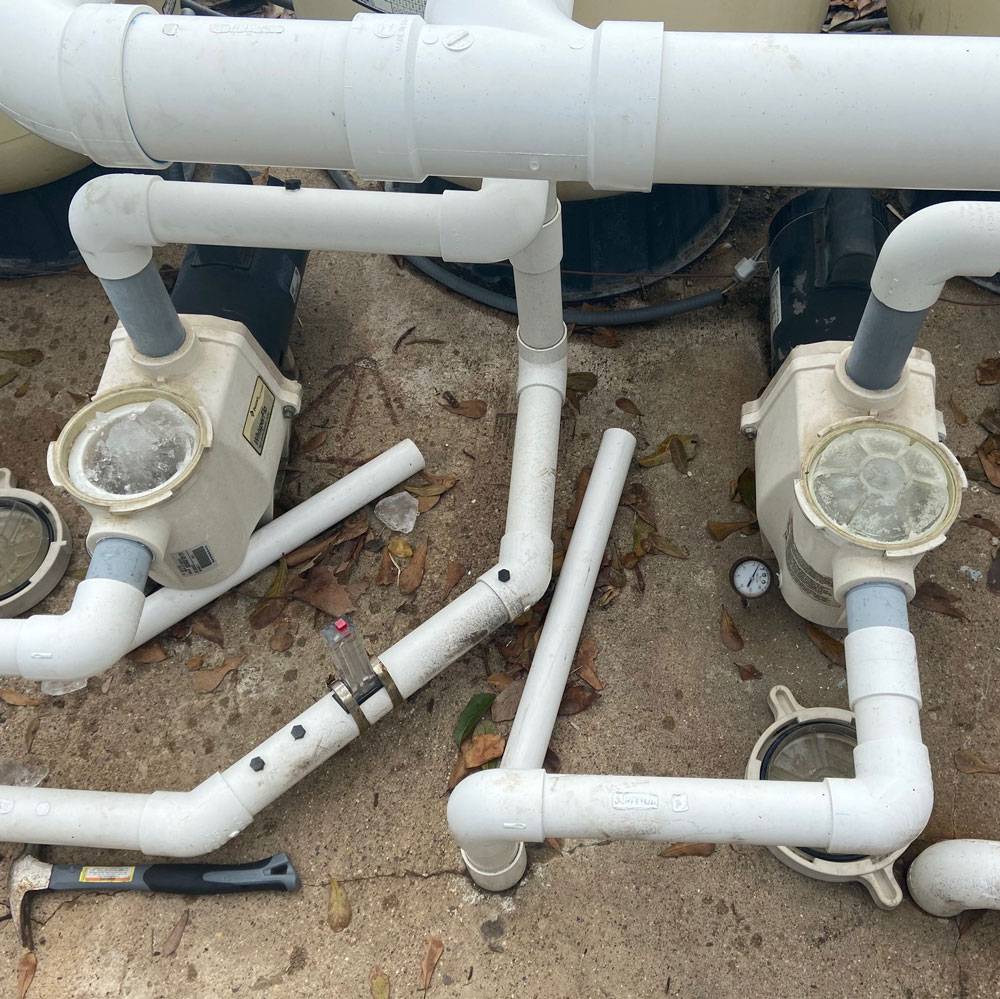
Even the tiniest crack can significantly reduce your pump’s intake. This kind of damage can set you back hundreds of dollars at the very least not to mention the headaches that come with finding the problem’s origin.
Freeze damage to pool filters
Any cracks in a pool filter indicate it’s too damaged for repair and needs to be replaced. Many pool filters that suffer from freeze damage will experience cracks on the tank’s surface, but often freeze damage occurs at the junction between the piping and the multiport valve.
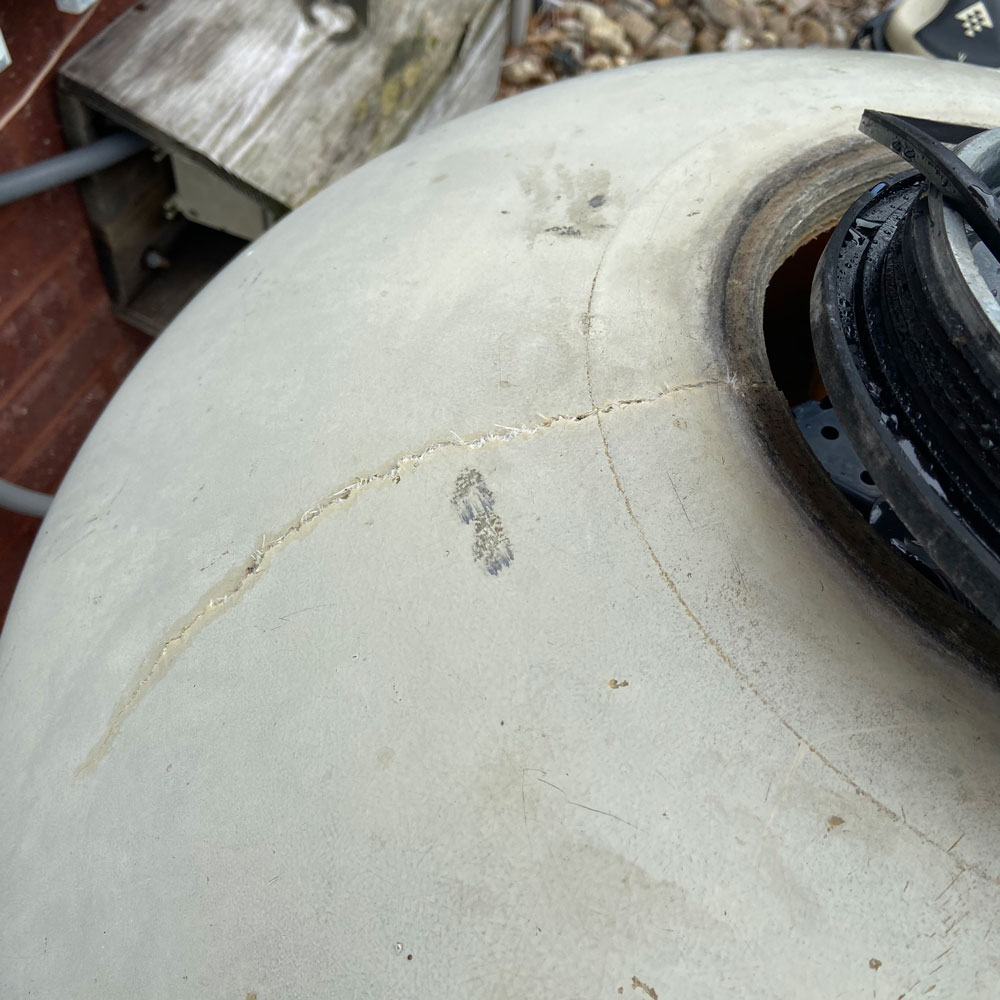
In either case, filters experience intense pressurization, and a broken one can be extremely dangerous if you continue to use it. Again, a broken pool filter needs to be replaced immediately, and can set you back hundreds if not thousands of dollars.
There are several other pool parts that can break under the stress of winter weather, especially if winterization was incomplete or skipped, including:
- Pool heaters
- Pool covers
- Skimmers
- Filter strainers
- Bonding grids and electrical wiring
- Pool lights
- Valves
- Structural issues
What to do if your pool suffers freeze damage
If you suspect your pool is affected by freeze damage, STOP. Turn off the water and all electrical components as soon as it’s safe to do so.
With a job that big and complex, the DIY route is probably the last one you want to take. Our pool experts are professionally trained and certified to assess your situation and provide the optimum assessment.
When your pipes are bursting, or your pool is otherwise damaged by ice, do not hesitate to contact us. Doing so could mean the difference between some replacement parts and a missed pool season.

